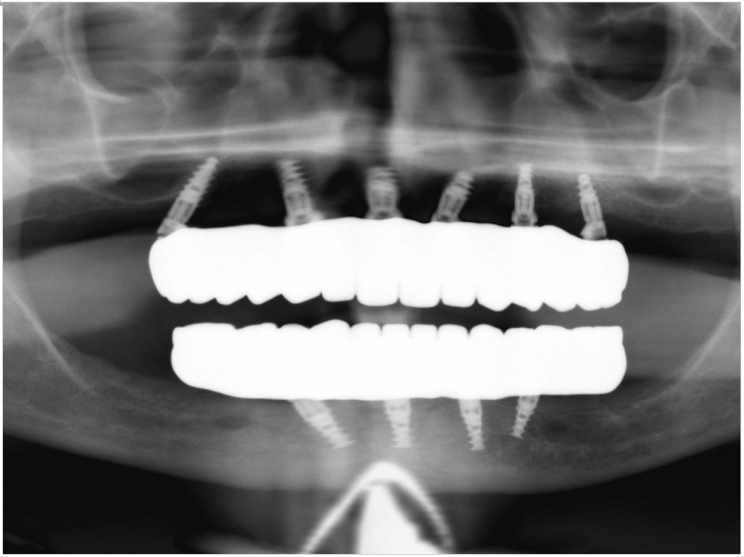
Researchers at the Martin Luther University Halle-Wittenberg (MLU) have developed a new method for applying anti-inflammatory substances to implants to inhibit undesirable inflammatory reactions in the body, such as the immune system identifying the implant as a foreign body and attempting to remove it.
“This is actually a completely natural and useful reaction by the immune system,” said professor Thomas Groth, a biophysicist at MLU, as the reaction helps to heal wounds and kill harmful pathogens. But if this reaction does not subside on its own after a few weeks, it can lead to chronic inflammation and more serious complications.
“The immune system attracts various cells that try to isolate or remove the foreign entity. These include macrophages, a type of phagocyte, and other types of white blood cells and connective tissue cells,” said Groth.
Implants can become encapsulated by connective tissue, which can be very painful for those affected, the researchers said. In addition, the implant is no longer able to function properly. Drugs that suppress the immune response in a systemic manner often are used to treat chronic inflammation, but may have undesired side effects.
The researchers were looking for a simple way to modify the immune system’s response to an implant in advance.
“This is kind of tricky, because we obviously do not want to completely turn off the immune system as its processes are vital for healing wounds and killing pathogens. So, in fact, we only wanted to modulate it,” said Groth.
To do this, the researchers developed a new coating for implants that includes anti-inflammatory substances. They used two substances that are already known to have an anti-inflammatory effect, heparin and hyaluronic acid. In the laboratory, the researchers treated a surface with the substances by applying a layer that was only a few nanometers thick.
“The layer is so thin that it does not affect how the implant functions. However, it must contain enough active substance to control the reaction of the immune system until the inflammatory reaction has subsided,” said Groth.
The researchers observed how the macrophages absorbed the two substances, reducing inflammation in cell cultures. The untreated cells showed clear signs of a pronounced inflammatory reaction because the active substances inside the macrophages interfere with a specific signaling pathway that is crucial for the immune response and cell death.
“Both heparin and hyaluronic acid prevent the release of certain pro-inflammatory messenger substances. Heparin is even more effective because it can be absorbed by macrophage cells,” said Groth.
So far, the researchers have only tested the method on model surfaces and in cell cultures. Further studies on real implants and in model organisms will follow.
The study, “Studies on the Mechanisms of Anti-Inflammatory Activity of Heparin- and Hyaluronan-Containing Multilayer Coatings-Targeting NF-kB Signaling Pathway,” was published by the International Journal of Molecular Sciences.
Related Articles
Graphene Oxide May Improve Scaffold Performance in Implant Treatment
Bone Graft Material May Reduce Time and Complexity of Ridge Augmentation Treatment
Dental Implant Coating Halts Peri-Implantitis











